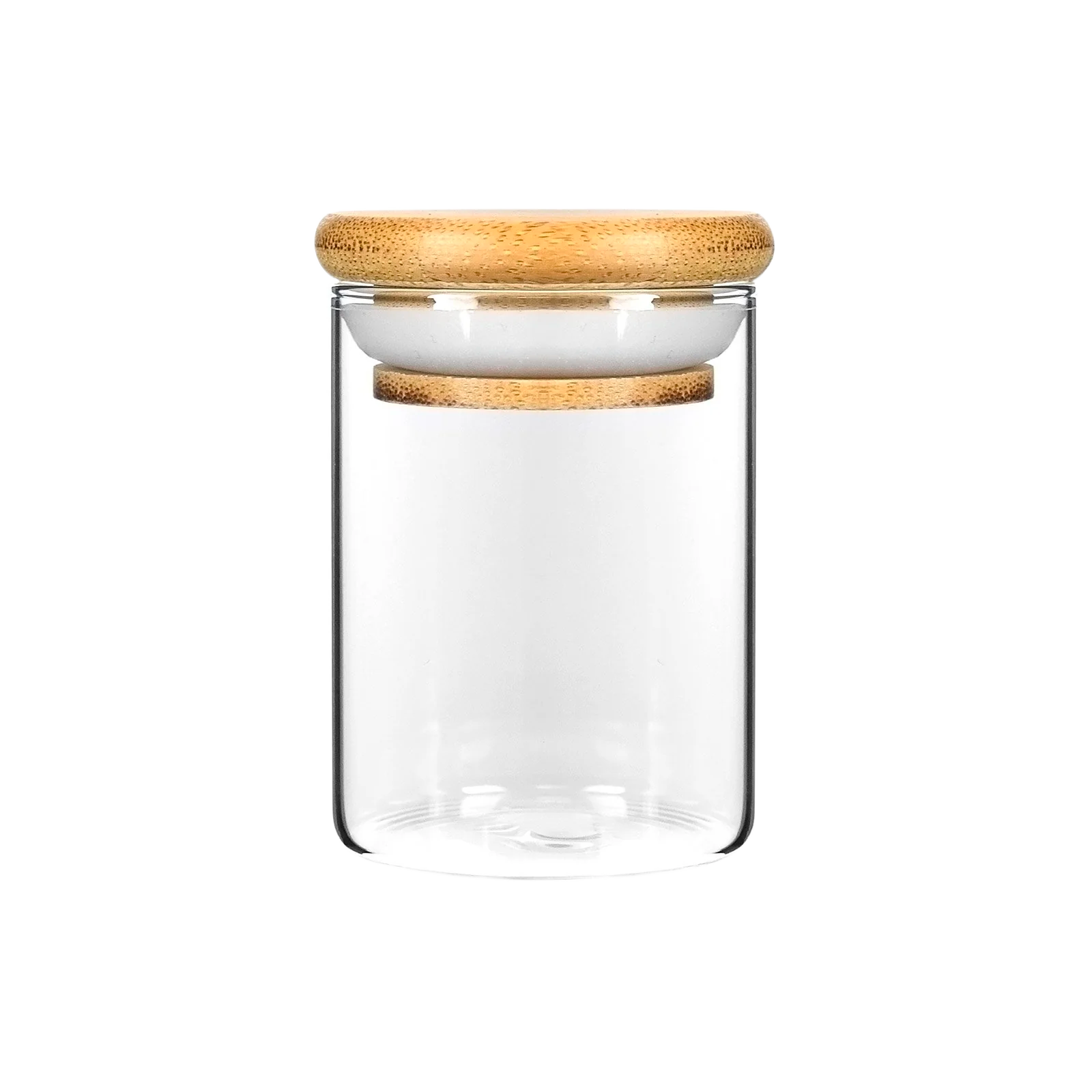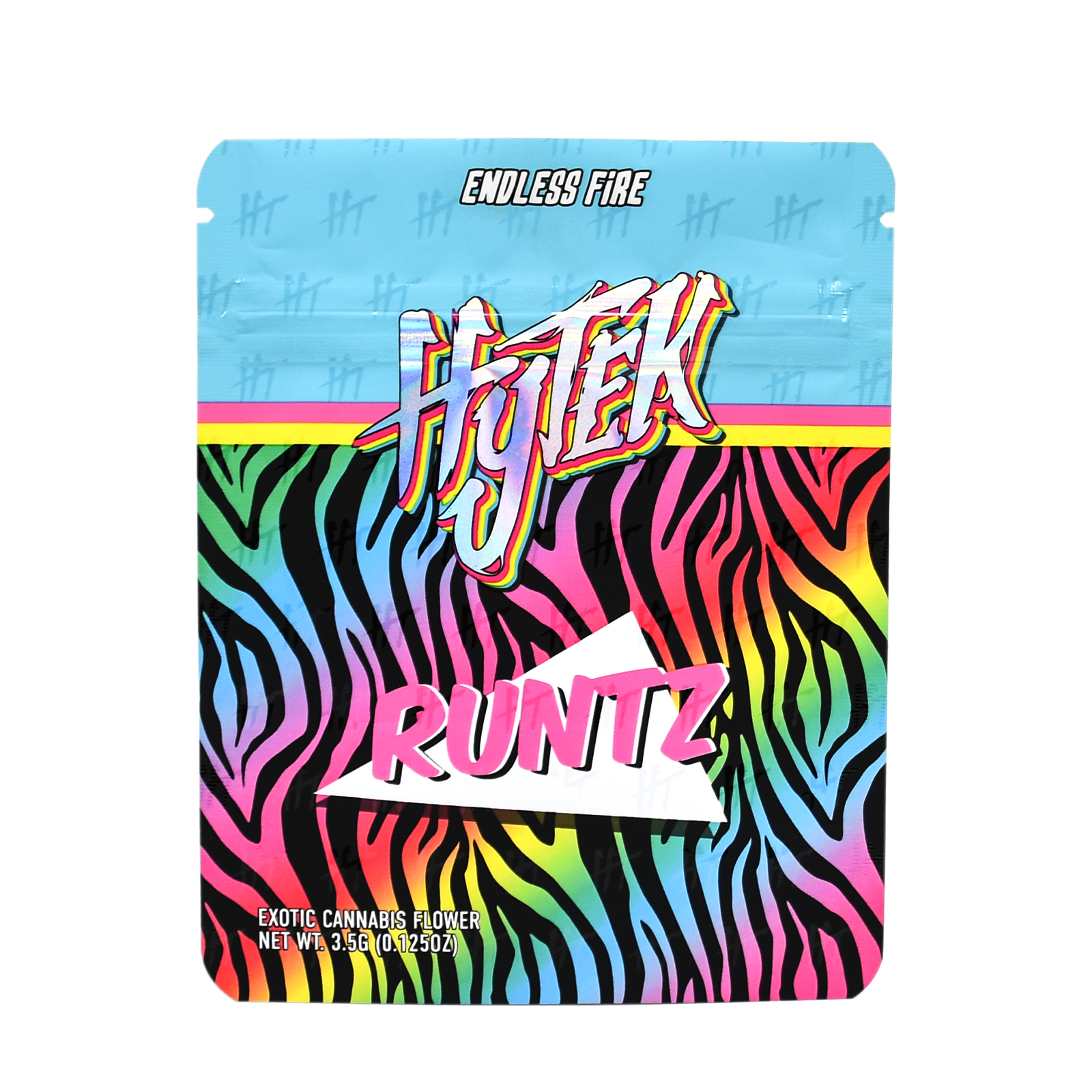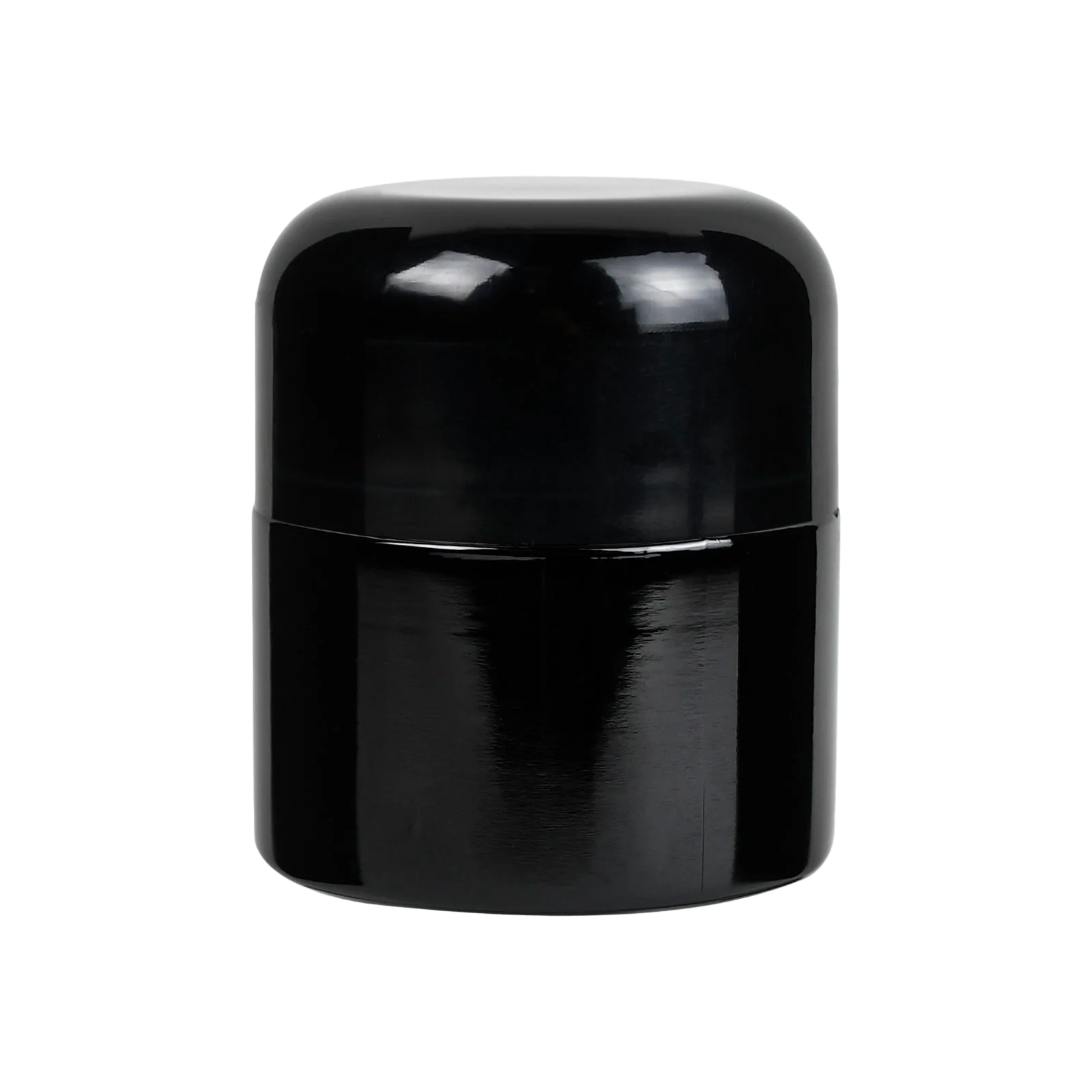Choosing the Best Essential Oil Containers for Packaging Your Product
In the modern health-conscious world, essential oils are beginning to seem almost… essential. While they were once relegated to holistic health practitioners or health food stores, you can now get them with little effort. Many people are even trying their hand at creating their own essential oils in the comforts of their home. Whether you're brewing up your own batch of essential oils for personal use or to sell to others, you'll want to make sure you've chosen the best essential oil containers to package your carefully crafted product.
The Choice Between Plastic and Glass
The material of your essential oil containers should be your first consideration. If you've ever bought essential oils from a store or online, you'll likely have noticed that they come in either plastic or glass jars or bottles. When making your own homemade essential oils, you'll want to follow similar guidelines for storage containers. One of the benefits of glass jars is the hygienic qualities of the material. You don't want to store your oils in any type of material that could contaminate the product so glass is an excellent choice in that regard. However, many essential oils include ingredients that are sensitive to light. In those situations, polyethylene terephthalate (PET) plastic bottles that are opaque or tinted can be a better option. As you can see, both types of essential oil containers have their pros and cons, so ultimately you need to decide which properties are the most important to your product.
Essential Oil Containers Must Protect Their Contents
If you really like the idea of sticking with glass exclusively for your essential oil containers, one way you can get around the lack of light resistance is to store your essential oil bottles in a cupboard or light tight spice box. Most essential oils contain at least one ingredient that would benefit from being kept out of direct sunlight. Keeping a glass jar of essential oils in direct sun risks evaporating the product and degrading the oil through a mixture of light and heat. You could even paint the veneer of your containers to render them opaque. Whichever method you choose, keeping your oils out of the light is always a smart choice. This goes for heat too. Many people that create or purchase essential orals for culinary reasons (or simply to be taken orally) keep their oils in the kitchen. Make sure to keep your essential oil containers away from toasters, stoves, ovens or any other appliance that could sap the oil of its potency through heat.
Remember to Keep That Lid Tight
All essential oil containers should also feature lids that close securely. This has to do with more than simply preventing a potential spill of your valuable oils. Since prolonged exposure to oxygen can result in the evaporation of essential oils, a lid that closes well is a must. Airtight containers are the best option. But even the best choice of lid won't help if you're not conscious about keeping the container properly closed when not in use. Lids that are not screwed on all the way or properly fastened may give the appearance of a secure closure but you're actually losing valuable essential oils to the atmosphere.
If you're planning on selling your own essential oils, your customers will value that you took the time to package your product in a high quality storage container. Even if you're only making essential oils for personal use, choosing essential oil containers that respect the product helps you to feel the full pride in your work.




